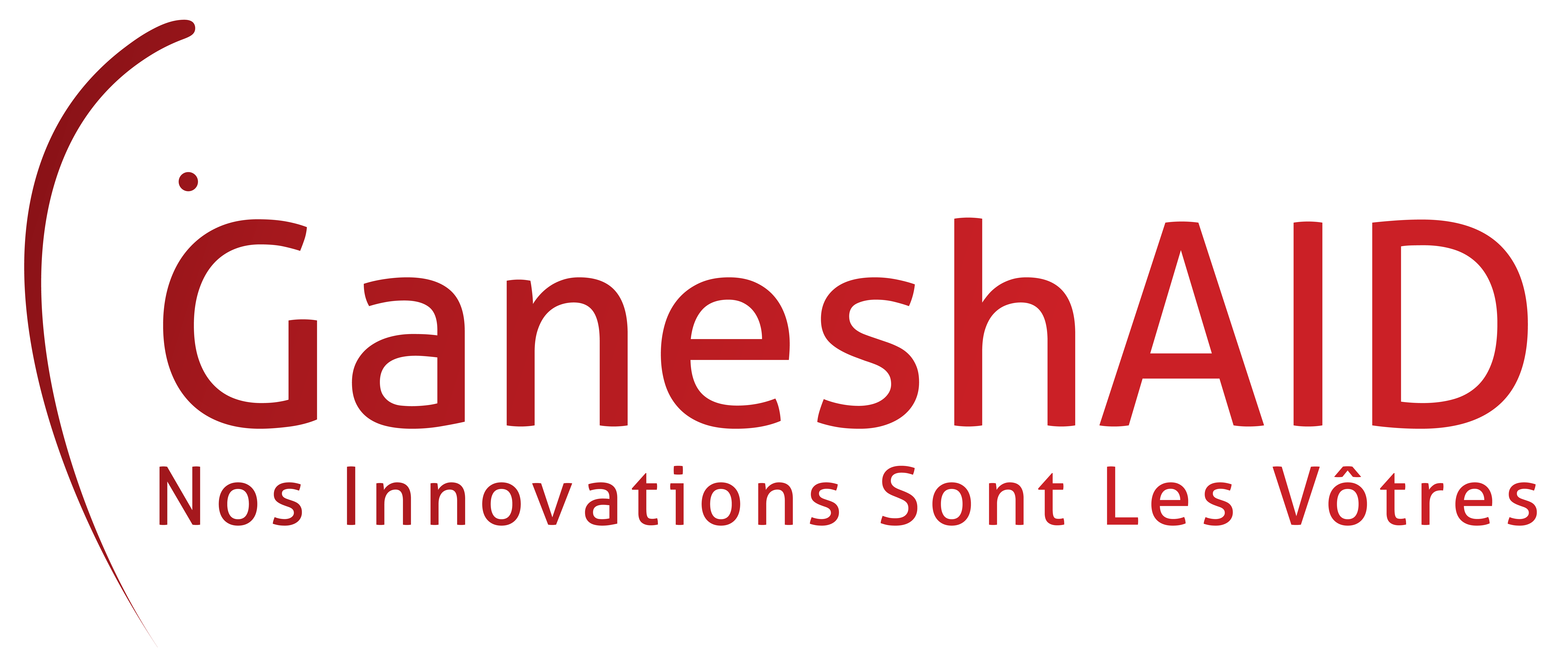Performance management is key in ensuring that strategic goals for EPI in terms of vaccination coverage, reach of zero-dose and under-vaccinated children and missed communities are met. EPI activities for performance management include regular supportive supervision of health workers and health facilities. The supportive supervision starts with the administration of a supervision grid or performance appraisal. For an efficient performance management system, the administration of the performance appraisal questionnaire cannot be an end in itself, but it is the start of the performance evaluation process to improve capacities and performance.
The performance appraisal of health workforce is one of the tools at the heart of the EPI performance management.
Performance management focuses on setting up strategic objectives that the health program must achieve to ensure the effectiveness of immunization programmes, i.e., the improvement of vaccination coverage, the reach of zero-dose, under-vaccinated children, and missed communities. An effective performance management allows EPI to:
- Check that the objectives set for the program as a whole, the health facilities and the health workers are being reached, and
- Identify barriers to achieving these objectives to develop strategies to overcome them.
One of the tools for the performance management is the performance appraisal of the health facility and its personnel. To be part of a real performance management, this tool must have two folds: the performance appraisal itself with its results and the implementation of an improvement plan to be implemented by the health workforce.
What is performance appraisal?
The performance appraisal is a formal system of examination and evaluation of team or individual tasks performance (Mondy et coll,. 2016). Its objective is two-folds: to evaluate performance to extract actionable data and to develop the skills of the health workforce.
Key elements of effective performance management include the establishment of performance indicators based on both the objectives that the EPI wants to achieve and the job profiles of the health workforce. Based on these indicators, a staff performance appraisal form is developed and administered to health workers. Health workers know what is expected of them and the goals that their health structure must achieve.
For effective performance management, it is therefore important to conduct regular performance appraisals and build on these evaluations. Performance appraisal is not an end in itself, it is the starting point of a process aimed at improving performance. This process consists of several steps:
- A review of the results of the performance appraisal
- The development of an improvement plan with precise objectives that can be achieved by the health workforce
- The follow-up by the supervisor of the implementation of the improvement plan by the supervisor.
Very often, if the supportive supervisions are indeed well carried out and that they lead to the development of an improvement plan, the monitoring of the implementation of the plan is rarely in place for lack of staff, time, or because of remoteness. Under these conditions, it is difficult to ensure the effective implementation of the improvement plan and therefore to envisage positive feedback from the performance evaluation and any improvement in health services.
Performance coaching, essential component of the performance evaluation process
To be effective, the performance evaluation process requires for the supervisors to coach their supervisees/coachees throughout the performance evaluation process. The supervisors are envisioned as coachs. They demonstrate their coaching capacity so that the performance evaluation process is:
- Homogeneous between coachs/supervisors: a clear definition of the indicators of success in the performance evaluation form must be established in order to align supervision with each other
- A virtuous cycle allowing the establishment of a channel of discussion / listening to the supervisee/coachee, the implementation of an improvement plan developed in concert by the supervised with his supervisor, and the follow-up of this implementation.
Supervisors / coachs should approach the performance evaluation process as a means,taking into account the context and specific situations of each of the supervisees / coachees, to achieve the objectives of the EPI.Coachs / supervisors must demonstrate the following abilities:
- listening and communication;
- assess strengths and weaknesses objectively;
- give constructive feedback;
- set clear and achievable objectives;
- ensure regular follow-up;
- establish trusting working
These skills are essential to accompany the health workforce throughout their journey of improvement by encouraging and motivating them.
Performance evaluation as a tool to motivate health workers
Performance evaluation only becomes a motivation tool for healthworkers if it is accompanied by real exchange, constructive feedbacks, and regular monitoring.
If one of these components is missing, the evaluation can be source of demotivation because perceived as a sanction, a judgment without the possibility of progression/improvement.
In this sense, performance evaluation regularly reminds health personnel that they are part of a system with strategic objectives to achieve and that they themselves are essential in achieving these objectives. Staff feel a mission for the good of the communities they work for, which in itself is a motivating factor.
Regularity of performance evaluation is key to keep health workers engaged in the process. Thanks to regularity, they can assess themselves, evaluate their past progression and see what goal they want to pursue. The privileged communication channel set between coach and coachee enables both to work hand in hand for the individual and programme achievements. Human resources is the backbone of the health services.
Regardless of the programme and its environment, performance management is about continually supporting staff to achieve individual goals, so that the program achieve sits broader goals.
An effective performance management program affects staff job satisfaction, productivity and morale. It allows all actors in the health program to take a more thoughtful approach to their practice and the effects of this practice on others, as part of their daily professional life. The best performance management programs demonstrate a strong connection between successful career staff and successful programs.
What do you think about the supportive supervision process? Is it necessary in EPI performance management system? Does your country’s supportive supervision include a strong monitoring system? Please share with us below in the comment section. We would love to hear different professional views and practices in the supportive supervision field around the world.
Reference:
Mondy, R. W., & Martocchio, J. J. (2016). Human Resource Management (14th ed.). Harlow, UK: Pearson.



